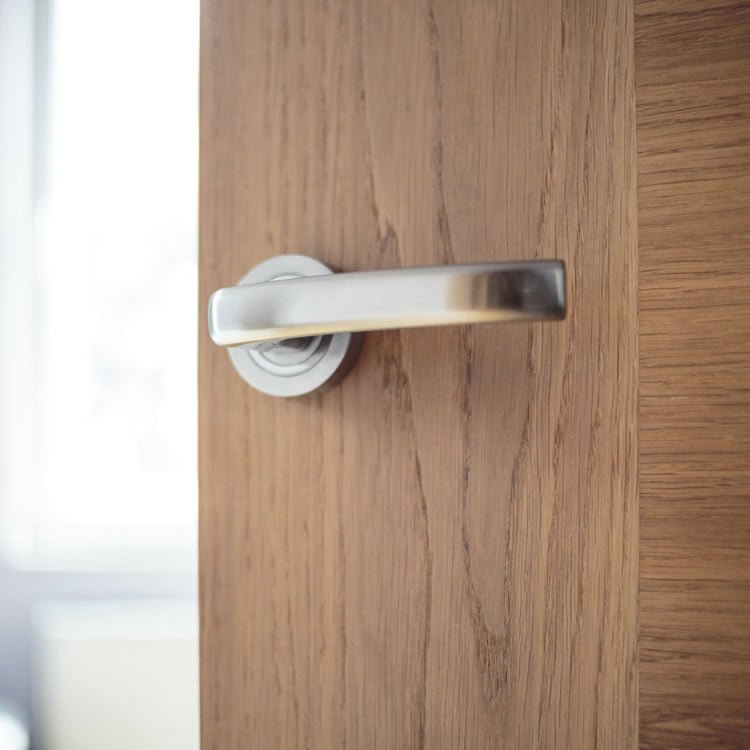Investigation work
As we approach our 14th year of investigation work, our methodology continues to sharpen. Each year offers the team a wealth of opportunities to learn from what has worked and what hasn’t during previous investigations. We build this intelligence into our designs for new investigations in order to continuously improve our process, deliver better reports and support our clients to achieve better outcomes.
When commissioned to conduct an investigation our consultants adopt a systematic approach. The methodologies we use to collect data are at the core of this approach. Our key value, in terms of the rigour of our investigations and our reports’ accuracy and robustness, is grounded in sound methodological design.
One of the key techniques we use is triangulation. Academics and researchers across the social sciences have long used forms of triangulation to tackle research questions. The term has its origins in navigation at sea and is derived from basic geometric principles which state that multiple vantage points enable greater precision. Triangulation facilitates the validation of findings through cross verification. Academics, researchers and investigators can be more confident with a finding if different methods and data sources lead to the same finding.
Verita uses triangulation to help overcome deficiencies that are inherent with adopting one particular method, a single data source as well as a solitary investigator. Three types of triangulation that we use to guarantee accuracy across each of our investigations are:
1.Methodological triangulation
We use multiple data collection procedures.
Why?
Methodological triangulation is based on the rationale that an investigator can counterbalance a single method’s pitfalls by combining it with an alternative method. This enables the investigator to attribute any effect, to the cause(s) alone, rather than any unwanted artefacts or biases associated with the methodological design. This leads to the production of valid findings and meaningful recommendations. Verita uses both qualitative and quantitative methods. By using these different techniques we can check for congruence or divergence across data. If the data sets we collect are congruent i.e. supported by one another, we have a good platform to generate findings and subsequent recommendations. However, if the data sets are divergent, we probe further to understand the underpinnings of this divergence.
Different techniques can often lead to different findings. Triangulating our methods ensures that we thoroughly and accurately excavate the issues that we have been asked to investigate. In doing so, we can reveal insights that would have stayed undiscovered with only one method being applied.
2. Data triangulation
We analyse evidence from a wide range of qualitative and quantitative data sources. These sources include a documentary review of clinical records, policy documents and best practice guidelines. We also use our interview transcripts, our focus group observations and quantitative data sets.
Why?
Thoroughness. Collecting from multiple sources allows us to cross verify different sets of data to discern what the common themes are across sources, to gauge the magnitude of particular themes and to discover the extent to which the themes contribute to the issues under investigation. Collecting from many types of data source, gives our investigators a comprehensive understanding of these issues. In turn this leads to the production of a report that tackles the root of the issues and presents recommendations that are valid.
3. Investigator triangulation
We use multiple investigators and interviewers.
Why?
To ensure that the data we collect is reliable. There are inherent biases involved with using only one investigator, sampling bias and confirmation bias to name two. Unless two investigators are very similar, they are likely to have different perspectives on what they are seeing, hearing and reading. Multiple investigators allow for a breadth of interpretation and analysis. Also, by including a peer reviewer towards the end of our process, our approach further reduces biases and questions assumptions.
Verita provides an independent investigation service to organisations from healthcare through to social care and charities as well as private companies.
If you would like to learn more about the sound methodology at the core of our Investigation Work then please book a free consultation or contact our Ed Marsden on 020 7494 5670 or [email protected].




